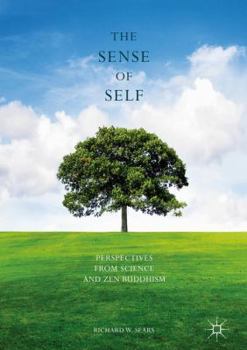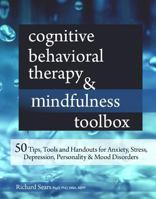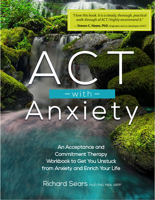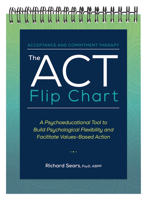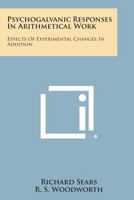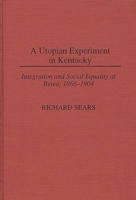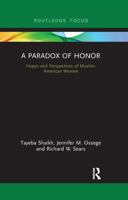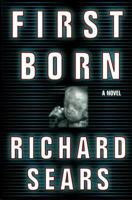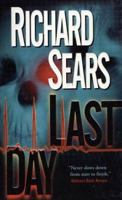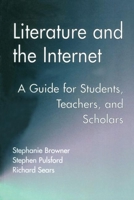The Sense of Self: Perspectives from Science and Zen Buddhism
At the heart of this book is one of the most ancient and profound question philosophers, spiritual seekers, and curious individuals have pondered since the beginning of history: "Who am I?". Advances in modern science, and access to Zen tradition, have provided us with broader and richer understanding of this topic. Over the chapters the author, a psychologist and Zen master, investigates how the brain fosters a sense of an independent self, situating his research in the contexts of neuroscience, ecology, evolution, psychology, and of the principles Eastern wisdom traditions. The book explores a broad range of insights from brain science, evolutionary biology, astronomy, clinical psychology, thoughts and emotions, mental health disorders, and Zen Buddhism. This book will appeal to psychologists, psychiatrists, social workers, counsellors, and researchers of Eastern traditions. General readers interested in the functioning of the brain will discover practical ways to integrate fascinating new findings on an age-old question into their everyday life.
Format:Hardcover
Language:English
ISBN:1137563702
ISBN13:9781137563705
Release Date:December 2016
Publisher:Palgrave MacMillan
Length:198 Pages
Weight:0.80 lbs.
Dimensions:0.7" x 6.1" x 8.3"
Based on Your Recent Browsing
More by Richard Sears
Customer Reviews
2 customer ratings | 2 reviews
There are currently no reviews. Be the first to review this work.











